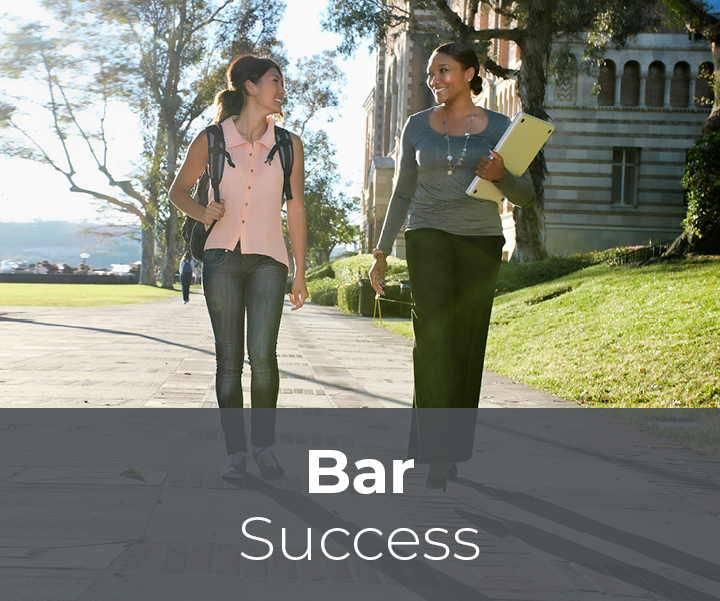
Grantee Research
Building a Better Bar: The Twelve Building Blocks of Minimum Competence
Document Type
Issue/Research Brief/Blog
Publication Date
12-2020
Keywords
minimum competence, bar exam alternatives
Abstract
The bar exam tries to distinguish minimally competent lawyers from incompetent ones: it exists to protect the public from the harms of incompetent legal representation. That protection is critical to maintaining the integrity of the profession, but the bar exam achieves that goal only if it effectively assesses minimum competence. The unfortunate reality is that, although the bar exam has existed for more than a century, there has never been an agreed-upon, evidence-based definition of minimum competence. Absent such a definition, it is impossible to know whether the bar exam is a valid measure of the minimum competence needed to practice law or an artificial barrier to entry.
While there have been a handful of efforts to gain an empirical understanding of the skills and knowledge new lawyers use in their early years of practice, few researchers have explicitly sought to define minimum competence. The few attempts to probe minimum competence have relied on surveys, which lack the ability to delve into the nuances of new lawyers’ work. Surveys do not allow new lawyers to describe their work in detail or to explain how they use their skills and knowledge in that work.
We designed this study to address these substantial gaps in our knowledge, build on the existing research, and develop an evidence-based definition of minimum competence. In the latter half of 2019 and early 2020, we conducted 50 focus groups using a protocol we developed to gather data about the knowledge and skills new lawyers need to practice competently. Of those focus groups, 41 were conducted with new lawyers, while the remaining nine were conducted with those who supervise new lawyers.
Based on our findings, we propose 10 recommendations for courts, law schools, bar associations, bar examiners, and other stakeholders to consider in their efforts to move towards evidence-based lawyer licensing.



